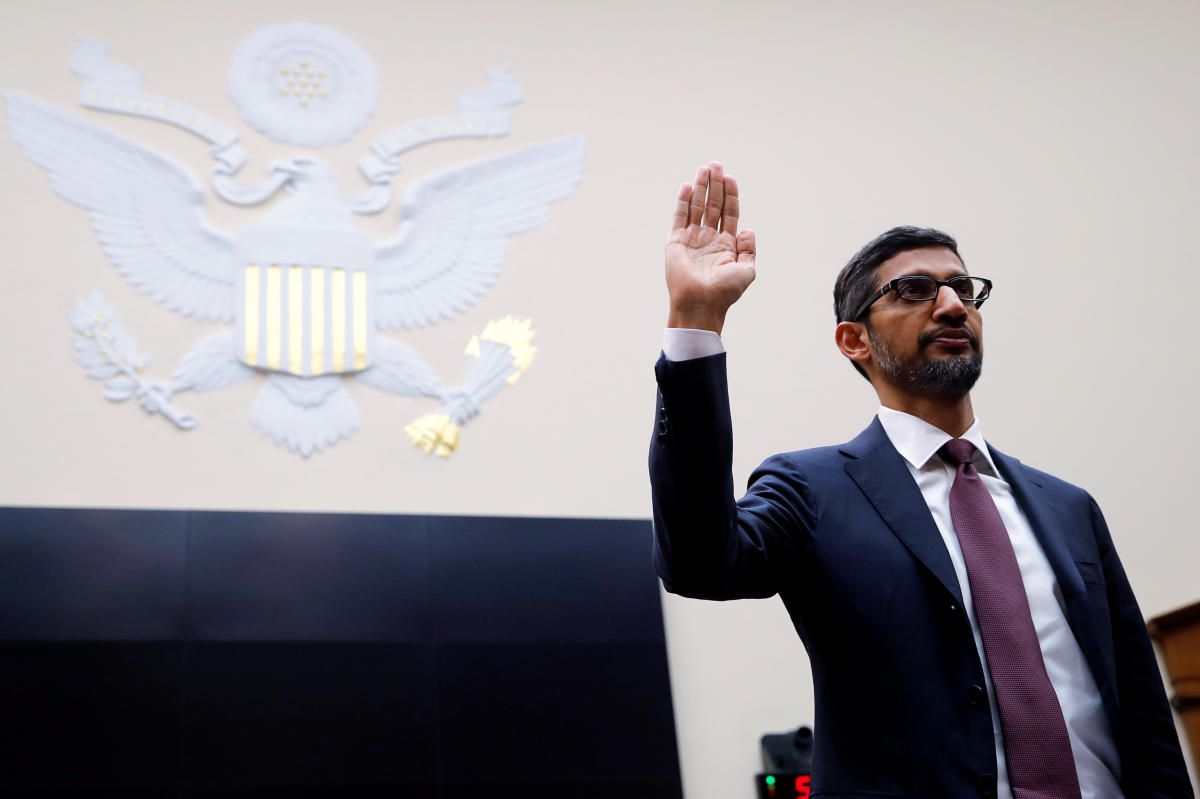Is A New Cold War Inevitable? Analyzing The Deterioration Of U.S.-China Relations

Table of Contents
Historically, US-China relations have been a complex mix of cooperation and conflict. From the Nixon era's opening to China to the subsequent periods of economic engagement and strategic competition, the relationship has been marked by both partnership and rivalry. However, the current trajectory suggests a sharp turn towards a more confrontational dynamic, raising the specter of a new Cold War. This analysis aims to understand the forces behind this shift and assess the plausibility of such a scenario.
Economic Competition and Trade Wars: A Major Point of Contention
The economic rivalry between the US and China is a primary driver of current tensions. The trade war, initiated by the Trump administration and continuing under the Biden administration, is characterized by escalating tariffs, accusations of unfair trade practices, and a struggle for technological dominance. This conflict has far-reaching implications.
- Specific Trade Disputes: The US has imposed tariffs on hundreds of billions of dollars worth of Chinese goods, citing concerns about unfair trade practices like intellectual property theft and forced technology transfer. China has retaliated with its own tariffs, creating a cycle of escalating trade barriers.
- Technological Competition: The competition for leadership in crucial technologies like 5G, artificial intelligence, and semiconductors is fiercely contested. Both countries are investing heavily in research and development, while simultaneously employing measures to restrict access to key technologies for the other.
- Economic Consequences: The trade war has disrupted global supply chains, increased prices for consumers, and dampened global economic growth. Both the US and China have suffered economic consequences, though the impact has been distributed unevenly.
- Impact on Globalization: The decoupling of the US and Chinese economies poses a significant threat to globalization, potentially leading to a fragmented and less interconnected world economy.
Geopolitical Rivalry and Strategic Competition in the Indo-Pacific
Beyond economics, geopolitical competition is fueling the deterioration of US-China relations. The South China Sea has emerged as a major flashpoint, with China's assertive claims and military buildup causing increasing concern among regional neighbors and the US. Taiwan's status remains a highly sensitive issue, potentially sparking military conflict.
- China's Belt and Road Initiative (BRI): The BRI, a massive infrastructure project, is viewed by some as a tool for expanding China's geopolitical influence, while others see it as an engine for global development. The US and its allies are concerned about the BRI's potential to increase China's strategic reach and leverage.
- US Alliances and Partnerships: The US has strengthened its alliances and partnerships in the Indo-Pacific region, notably through the Quadrilateral Security Dialogue (Quad) involving the US, Japan, India, and Australia. This is seen as a counterweight to China's growing influence.
- Military Exercises and Deployments: Both the US and China are engaged in increasingly frequent military exercises and naval deployments in the region, raising the risk of accidental escalation or miscalculation.
- Risk of Accidental Escalation: The heightened military activity increases the likelihood of miscommunication and accidental conflict, further exacerbating the already tense situation.
Ideological Differences and Human Rights Concerns
Fundamental differences in political systems and ideologies contribute significantly to the strained relationship. Human rights issues in China, particularly concerning Xinjiang and Hong Kong, are major points of contention.
- Human Rights in China: The US government and many international organizations have expressed deep concerns about human rights abuses in China, including the treatment of Uyghurs in Xinjiang and the erosion of autonomy in Hong Kong.
- Impact on International Diplomacy: These human rights issues have impacted US-China relations and international diplomacy, leading to sanctions, diplomatic rebukes, and strained communication channels.
- Differing Ideologies: The contrasting political systems – China's authoritarian one-party rule versus the US's liberal democracy – create inherent ideological friction. Differences in views on democracy, freedom of speech, and individual liberties further complicate the relationship.
- Propaganda and Information Warfare: Both countries engage in propaganda and information warfare, seeking to shape international narratives and influence public opinion.
Technological Warfare and Cybersecurity Threats
The intense competition in technology is creating a new dimension of conflict, encompassing cybersecurity risks and concerns about technological dominance.
- Data Security and Espionage: Concerns about data security and industrial espionage are prevalent, with accusations of intellectual property theft and cyberattacks being exchanged between the two countries.
- Military Applications of Technology: Both countries are investing heavily in the military applications of advanced technologies, including artificial intelligence, hypersonic weapons, and cyber warfare capabilities.
- Technological Dominance: The race for technological dominance is a key driver of the competition, with both nations striving to secure a leading position in critical sectors.
- Implications for Technological Innovation: The increasing tensions risk hindering global technological innovation and cooperation, as trust and collaboration diminish.
Conclusion: Is a New Cold War Inevitable? A Look Ahead at US-China Relations
The deterioration of US-China relations is driven by a confluence of factors: intense economic competition, escalating geopolitical rivalry, fundamental ideological differences, and a technological arms race. While a full-blown "New Cold War" is not inevitable, the current trajectory is deeply concerning. The risk of miscalculation and accidental escalation is substantial.
Avoiding a new Cold War requires a shift towards dialogue, cooperation, and a concerted effort to manage differences peacefully. This necessitates a focus on establishing clear communication channels, building trust, and identifying areas for potential collaboration. Understanding the potential for a new Cold War and actively working towards managing US-China relations is crucial for global stability. We must all engage in informed discussions about the challenges and potential solutions, actively working to foster a more peaceful and cooperative future. Further research into the intricacies of US-China relations is essential to navigating this complex and crucial dynamic.

Featured Posts
-
 Is Google Facing A Breakup Antitrust Concerns Intensify
Apr 22, 2025
Is Google Facing A Breakup Antitrust Concerns Intensify
Apr 22, 2025 -
 Pope Francis Dead At 88 A World Mourns
Apr 22, 2025
Pope Francis Dead At 88 A World Mourns
Apr 22, 2025 -
 Pope Francis Dies At 88 His Enduring Message Of Compassion
Apr 22, 2025
Pope Francis Dies At 88 His Enduring Message Of Compassion
Apr 22, 2025 -
 Are We Normalizing Disaster The Case Of Betting On The Los Angeles Wildfires
Apr 22, 2025
Are We Normalizing Disaster The Case Of Betting On The Los Angeles Wildfires
Apr 22, 2025 -
 Beyond Bmw And Porsche Understanding The Broader Challenges In The Chinese Auto Market
Apr 22, 2025
Beyond Bmw And Porsche Understanding The Broader Challenges In The Chinese Auto Market
Apr 22, 2025
